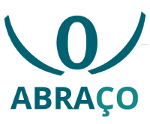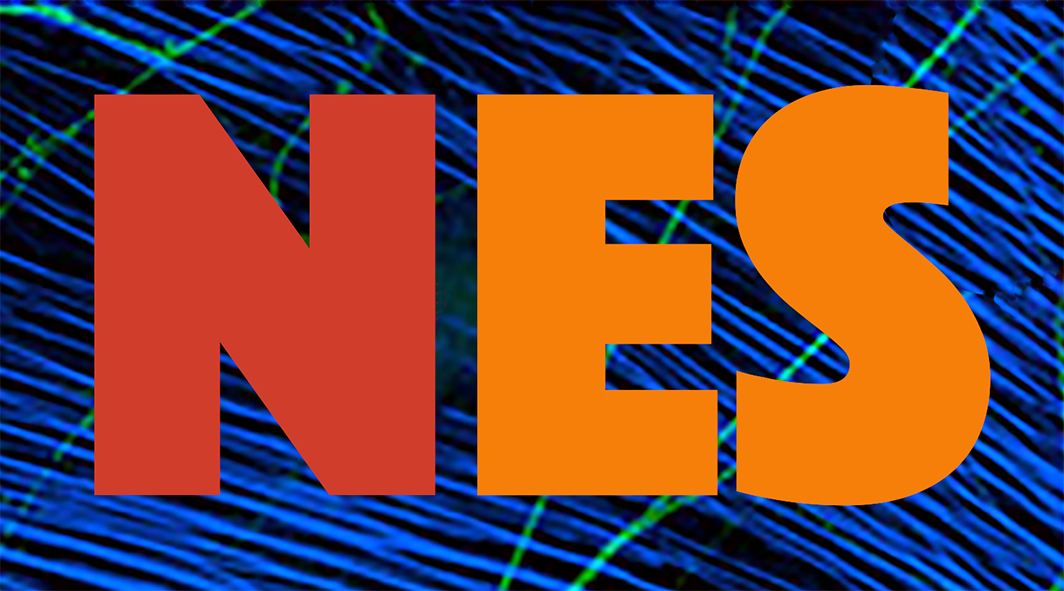
Neuroscience - NeuroMat releases “Neuroscience Experiments System (NES)”
News | Jan 20, 2015
According to FAPESP --the São Paulo Research Foundation--, the Research, Innovation and Dissemination Center for Neuromathematics has released the first version of the free software "Neuroscience Experiments System" (NES), a software that helps to organize, control and manage neurophysiological data. Alexandre Moura, Paraíba Online, 01/10/2015.
Research center at the University of São Paulo launches open-source software to manage neuroscientific experimental data
News | Jan 14, 2015
The Research, Innovation and Dissemination Center for Neuromathematics (CEPID NeuroMat)'s development team launched in October, 2014 the first version of the Neuroscience Experiments System (NES), an open-source software to manage clinical data gathered in hospitals and research institutions. Wikinotícias, A fonte de notícias livre que você pode editar!, 01/05/2015.
Identifying interacting pairs of sites in Ising models on a countable set
Publications | Jan 12, 2015
Antonio Galves, Enza Orlandi and Daniel Yasumasa Takahashi
MEPHunter, a free software for signal visualization and analysis
Newsletter | Dec 20, 2014
NeuroMat, FAPESP's Research, Innovation and Dissemination Center for Neuromathematics, has become a reference for open-science tools, particularly free software, and has attracted potential partners. On November, 26, 2014, a researcher from the University of São Paulo's Laboratory of Biomagnetism (Biomag Lab), at Ribeirão Preto, Victor Hugo de Oliveira e Souza, presented to the NeuroMat technology-transfer team an open-access, free software to help signal visualization and analysis, the Motor Evoked Potentials Hunter (MEPHunter). According to Souza, the assessment of electrophysiological data is currently a time-consuming step in experimental procedures, and the MEPHunter is a means of making this step more efficient. “Most researchers spend many hours learning computer programming to write scripts to analyze their own data. This is related to many available softwares being difficult to use, with no graphical user interface or limited number of functionalities,” he explained. The Biomag Lab team started to develop MEPHunter in 2011. This software has been designed to work specifically with experiments that use surface electromyography (sEMG) data recorded in transcranial magnetic stimulations (TMS).
Spike sorting: Prof. Christophe Pouzat's 2014 training
Streaming | Dec 18, 2014
Three videos on Prof. Christophe Pouzat's training on spike sorting, that occurred on November, 25-27, 2014, at the University of São Paulo. Streaming was made available by IPTV-USP. Videos in English.
| NeuroCineMat |
|---|
|
Featuring this week: |
| Newsletter |
|---|
|
Stay informed on our latest news! |
| Follow Us on Facebook |
|---|




